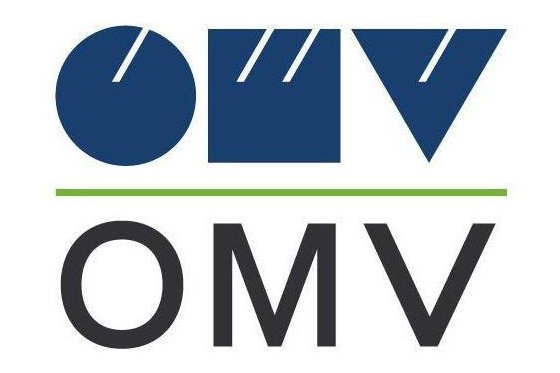Austrian energy company OMV spends big to establish a stronger position in Russian natural gas. Logo courtesy of OMV.
March 6 (UPI) -- Austrian energy company OMV said it established a new core area in Russia through the acquisition of a minority stake in natural gas assets in Western Siberia.
The company said it spent about $1.85 billion to acquire a 24.99 percent stake in the Yuzhno Russkoye natural gas field located in Western Siberia from Uniper, a German company. Rainer Seele, the CEO at the Austrian company, said the acquisition builds a new core area in Russia and adds 100,00 barrels of oil equivalent to its production portfolio.
"An important strategic rationale behind this transaction is the ability to replenish reserves," board member Johann Pleininger added in a statement. "With remaining recoverable reserves of around 580 million barrels of oil equivalent, Yuzhno Russkoye becomes a major source of reserve replenishment in OMV's portfolio."
The Yuzhno-Russkoye was developed jointly by a joint venture that included Russian natural gas company Gazprom and Germany's Wintershall. Production started in 2007 and has been at its peak rate since 2009.
Uniper said the sale to OMV wouldn't impact its business strategies because exploration and production was no longer a core component of development.
For OMV, the new acquisition could generate new cash flow without significant investments. Capital spending for the Russian field should be only around $250 million per year.
The company reported revenue for the fourth quarter at $5.7 billion, up 7.2 percent from the same quarter the previous year. Its net loss of $203 million was far less than what was reported for fourth quarter 2015 and the company said it was proposing an increase in dividends of about 20 percent.
Spending this year was targeted at around $2.1 billion, about 9 percent less than last year.















